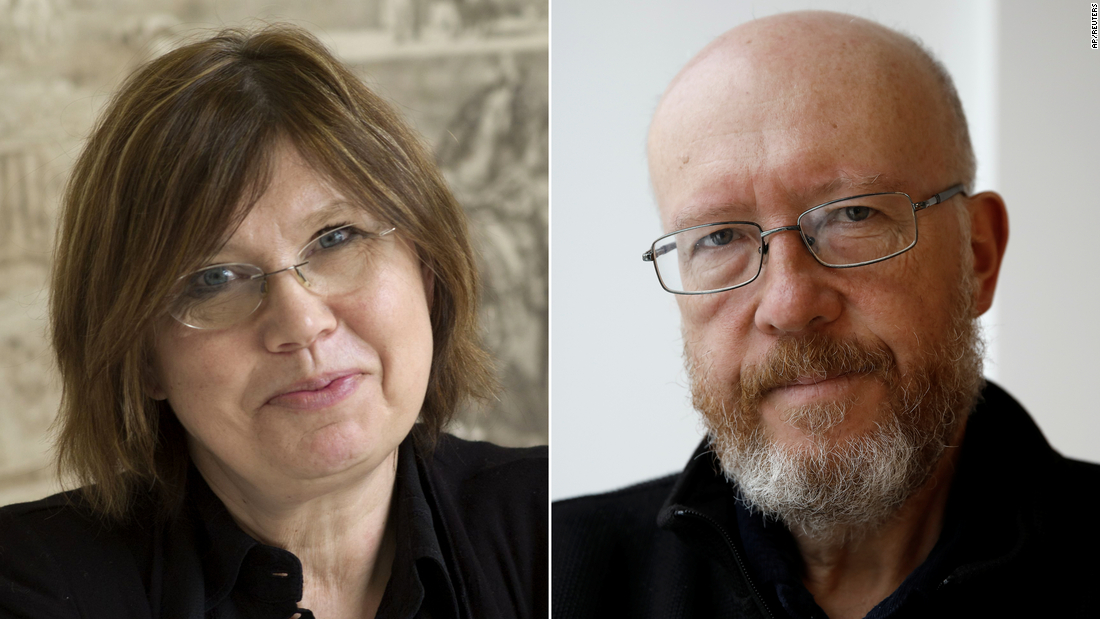More than seven decades later, the conflict remains a living political issue in Poland, where ruling nationalists say that studies showing the complicity of some Poles in the killing of Jews by Nazi Germany are an attempt to dishonor a country that has suffered greatly from the conflict.
The court ruled that Barbara Engelking and Jan Grabowski, editors of the two-volume work “An endless night. Fate of Jews in selected counties in occupied Poland”, must apologize for saying that Edward Malinowski handed Jews over to Nazi Germans.
But he did not actually order them to pay compensation.
“The court’s decision should not slow down academic research. In the court’s opinion, the required sum of 100,000 zlotys (US $ 27,017) would constitute such a factor,” said Judge Ewa Jonczyk.
Polish academics and Jewish organizations, like Israel’s Yad Vashem, have expressed concern that the trial could undermine research freedom, and Engelking said the case aims to have that effect.
“There is no doubt that it is some kind of effort to create a freezing effect, to show academics that there are issues that are not worth focusing on,” she said.
The World Jewish Congress said in a statement that it was “dismayed” by the decision.
Engelking and Grabowski plan to appeal Tuesday’s verdict.
Battle for the past
The case was brought up by Malinowski’s niece, Filomena Leszczynska, 81, and financed by the Polish League Against Defamation, which opposes allegations of Polish involvement in the murder of Jews.
Leszczynska’s lawyer, Monika Brzozowska-Pasieka, argued that Engelking and Grabowski did not follow the correct research methodology when compiling the book, an accusation that Grabowski denied.
“Filomena is extremely satisfied with this verdict,” said Brzozowska-Pasieka after the trial. “The issue of compensation from the start was a secondary issue.”
Almost all of Poland’s 3.2 million Jews died during more than five years of Nazi rule, which represents about half of the Jews estimated to have died in the Holocaust. Another 3 million non-Jewish citizens also died during the Nazi occupation in Poland.
A significant body of research suggests that while thousands of Poles risked their lives to help Jews, thousands also participated in the Holocaust. Many Poles do not accept such conclusions.
In 2018, an international reaction forced the ruling Law and Justice (PiS) party to withdraw a law that would make it a crime to suggest that Poland had any responsibility for Nazi atrocities.
Grabowski told Reuters ahead of Tuesday’s decision that the case covered ground similar to that of the proposed law, in trying to establish an offense against national dignity as a basis for prosecuting any of these claims in the future.
Brzozowska-Pasieka denied that the case was intended to open new avenues for litigation, but simply sought to protect his client’s personal rights.
